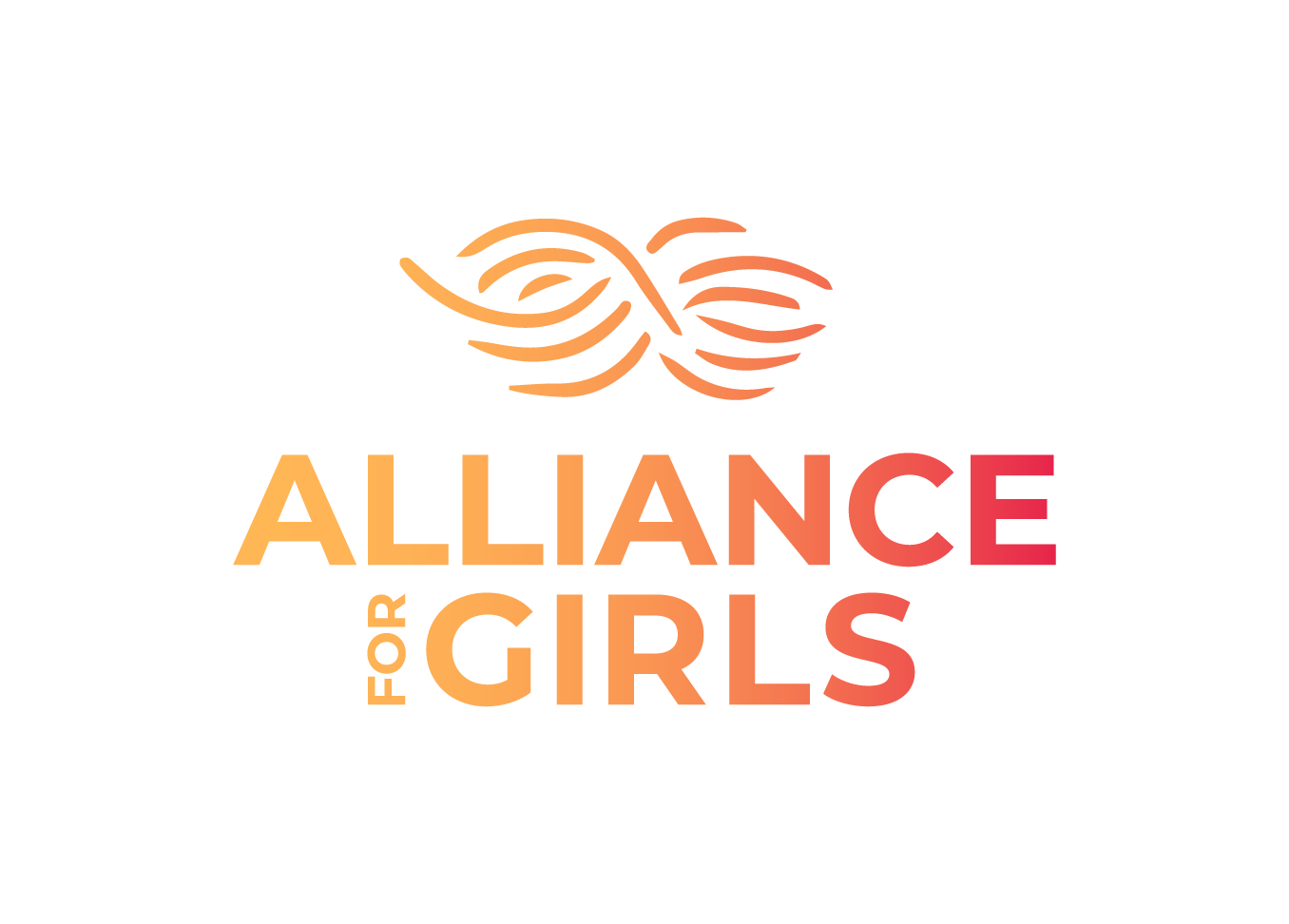Supporting Those Who are Not Safe at Home
Originally posted here by Linda Leu, Executive Director of IMPACT Bay Area, an AFG member organization.
It has been a challenging and stressful time for many people as we try to work together to slow the spread of COVID-19. As our Bay Area, California, and other officials have asked people to stay at home, we have been thinking a lot about people who may not be safe staying at home because they live with someone who is violent or abusive. News outlets have reported higher risk of domestic violence during this outbreak, and there have been reports of high rates of violence in places like China, who experienced the outbreak sooner than we did. We chatted with an expert on this subject, Timiza Wash, from WEAVE, Inc. in Sacramento, an organization that supports men, women, and children who have been exploited or abused and survivors of domestic violence. WEAVE, like most domestic violence and sexual assault organizations in California, are still operating their support hotline and safe house. According to Timiza, it is important for people who may be isolated at home with an abusive partner to understand that this is an extra stressful time where most peoples’ daily routines have been upended. So people in abusive homes will need to reassess what new triggers might set off an abuser - if there are activities or certain times of day to watch out for. She also recommends finding opportunities for healing and refuge while at home is really important. While some people found refuge when they went to work or when their partner went to work before the outbreak, this may no longer be the case. Anything big or small, that brings a sense of peace and joy, like watching a favorite TV show, going for a walk alone, or aroma therapy can help decrease stress. Many people in abusive families are already doing work to build their support systems and create safety plans. They may find that they need to modify some of these plans based on current restrictions, but Timiza encourages them to continue to reach out to and lean on their support systems and work on their safety plans. A great list of resources for domestic violence survivors can be found here. There are also a number of great resources for safety planning here and here. And information about California Rape Crisis Centers here. Huge thanks to our co-author Timiza. Timiza Wash is the Anti-Trafficking Manager at WEAVE Inc in Sacramento. She is a proud Oakland native and she and Linda are fellows with LEAP, the Leadership, Education, Advancement for Professionals, a leadership development fellowship for people of color working in the sexual assault and domestic violence fields.
